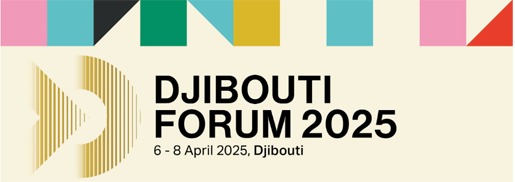The African Development Bank and the Inter-American Development Bank have been leading calls for the reallocation of the SDRs through multilateral development banks like themselves, to help rebuild livelihoods due to the impact of climate change and other global challenges.
Speaking at the pre-summit forum’s opening on Thursday, United Nations Secretary-General António Guterres said: “The African Development Bank has launched an initiative to channel SDRs to multilateral development banks, which would increase their impact five-fold—this initiative should be a source of inspiration.”
French President Emmanuel Macron convened the summit to find a roadmap for easing the debt burdens of low-income countries while freeing up more funds for climate financing. Delegates include several heads of state, heads of international financial institutions, including multilateral development banks, intergovernmental institutions, philanthropists, and global private sector business leaders.
The UN chief said world leaders could implement a mechanism allowing SDRs to be issued automatically when a crisis occurs and distributed according to need. Guterres said: “They can put a price on carbon. They can end fossil fuel subsidies and reallocate this funding towards more sustainable and productive use.”
Macron suggested four pillars that should underpin the new global financial pact, stressing that it must have the support of the people most affected by climate change.
The French President said: “First, no country should have to choose between fighting poverty and protecting the planet. Second, each country must follow its own path because there is no single model. Third, we need to take on a public funding shock. And fourth, we need more from the private sector to mobilize a lot of money.”
United States Treasury Secretary Janet Yellen underscored the importance of regional development banks in addressing development finance challenges and reducing vulnerabilities in developing countries.
“We are seeing important innovations begin to take shape across the African Development Bank, the Asian Development Bank, the Islamic Development Bank, and others,” Yellen said and called for continued partnership between the World Bank and these regional development banks.
Yellen called for reforms at the World Bank. “We must continue to pursue ambition on reforms at the World Bank,” she said. “The World Bank should develop a framework on principle concessional resources so that financing to address global challenges is deployed to where it has the highest impact,” she emphasized. She also recommended to “offer borrowers the option to add climate resilient debt clauses to their loan agreements so they have a greater buffer if climate related events strike.”
World Bank President Ajay Banga, who assumed office earlier this month, acknowledged the crucial role of regional development banks and pledged a closer partnership with the African Development Bank.
Banga said: “My first visit as a nominee was to Côte d’Ivoire to meet with Akin [Akinwumi Adesina]. So, I think in many ways we have to work in partnership.”
Speaking during a panel discussion titled “Debt and SDR-channeling: where do we stand and how to go further?” Adesina said multilateral development banks could leverage an allocation of $200 billion [as an example] and turn that amount into a trillion dollars.
“The MDBs are leveraging machines,” Adesina said. He added: “They can leverage the SDRs by three to four times. So that leverage is very important to have.”
With 21 African countries in or at high risk of debt distress, Adesina said the G-20 Common Framework for Debt Treatment was vital. He said there was no time to waste. “So, we do have to make it work faster, work at scale … very, very important,” he stressed.
During the panel discussion, the IMF Managing Director Kristalina Georgieva, announced that the Fund had reached its target of making $100 billion in special drawing rights available for vulnerable countries.























